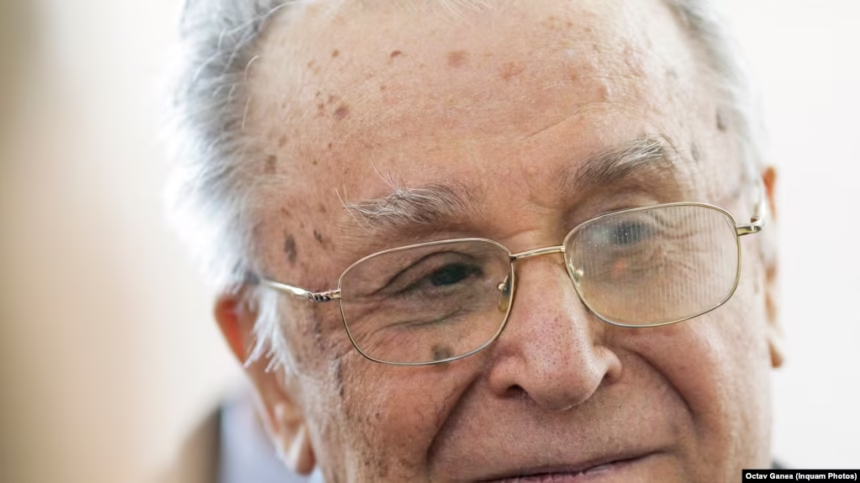Former Romanian President Ion Iliescu, one of the most influential yet controversial figures of the country’s post-communist era, has died in Bucharest at the age of 95.
A Controversial Legacy
Iliescu, who had been hospitalized since June 9 with lung cancer, was a divisive figure in Romanian politics. While loved by some, he was rejected by others for his role in the transition from dictatorship to democracy. He initially served as a minister under Nicolae Ceaușescu but fell out of favor in the 1970s. In December 1989, he emerged as an opponent of the regime, leading the National Salvation Front that took control of the country after Ceaușescu and his wife were overthrown and executed.
In May 1990, Iliescu became Romania’s first freely elected president, a position he held until 1996. However, his tenure was stained by the bloody transfer of power in which 862 people were killed. He was also widely criticized for his decision to mobilize striking miners to violently suppress anti-government protests in June 1990, a move many saw as an attempt to maintain power.
In 2018, he was accused of crimes against humanity for his role in those violent events, and his trial was set to continue in 2023.
Advancing NATO and EU Membership
Iliescu returned for a second term from 2000 to 2004, during which he played a significant role in advancing Romania’s integration into the European Union. Under his presidency, Romania also signed the NATO accession treaty in 2004, joining the military alliance shortly before he left office.
The government announced Iliescu’s death with “deep regret” and conveyed its condolences to his family. Details of his state funeral will be made public in the coming days. The government has declared August 7 a day of national mourning in Romania.







